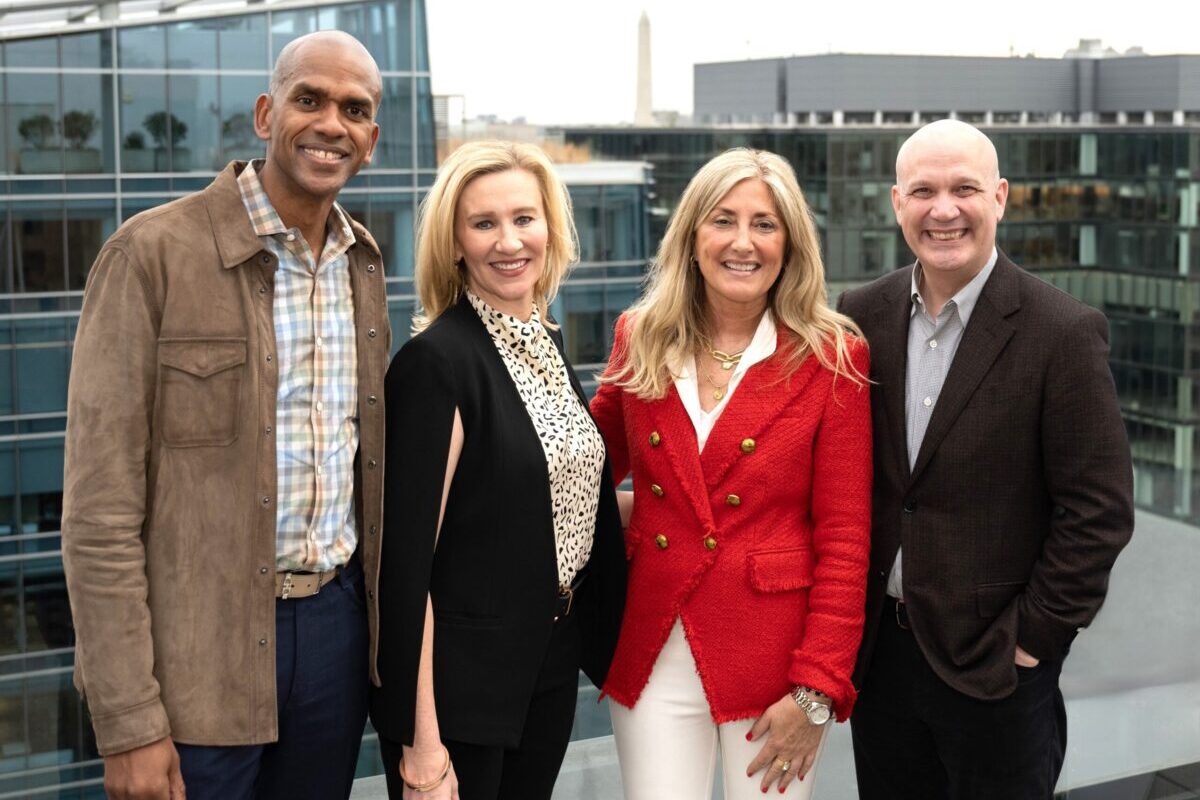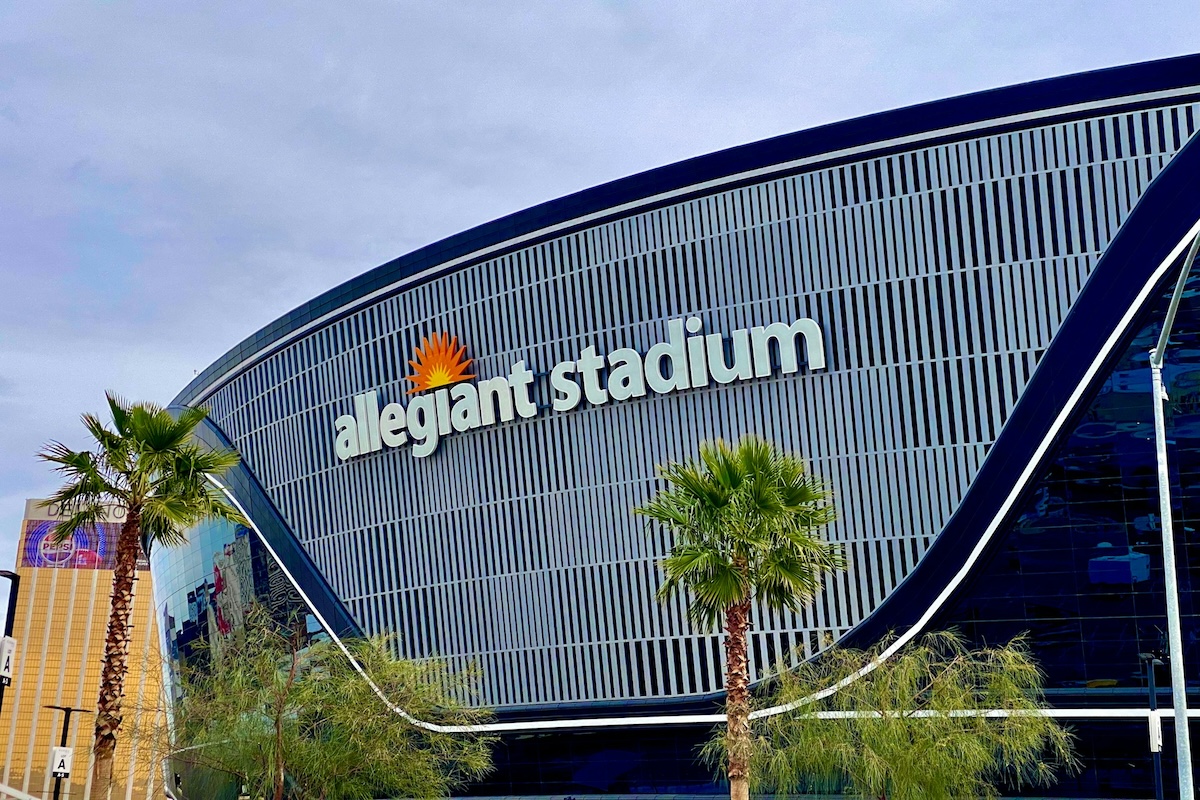The event industry has been discussing climate change for a long time. “The biggest issue ahead is climate change,” said PCMA CEO Sherrif Karamat at PCMA’s Convening Leaders 2022. The truth is that the climate crisis is not ahead of us: We’re in it, and no reasonable scientist says we can stop it. So instead, we urgently need to contain climate change as much as possible.
Despite this, and in tune with the recent Netflix movie Don’t Look Up, the message is not resonating enough — as Martin Sirk from Sirk Serendipity pointed out, we need to continue being loud and clear about this crisis.
Land acknowledgments are verbal or written statements honoring the indigenous occupants of the area where an organization works or an event takes place. They are often read aloud during opening ceremonies of events in North America, Australia, and New Zealand.
Land acknowledgments will not bring justice to the communities acknowledged by them, some may even see them as virtue signaling, but they have a place. So why can’t we have “Climate Crisis Acknowledgements” before events and meetings?
A climate acknowledgment could read like this:
“I acknowledge the climate crisis is the most pressing challenge of our time. The time at which we meet displays an unprecedented, human-made, and uncontested change in the global climate that is destroying ecosystems and causing famine and wars in current times and the future. We acknowledge this state of emergency and that we must reduce the damage done and reduce further damage. We have the power to make a positive impact, and we shall use this power.”
“Climate Crisis Acknowledgements” would apply on a global scale and without wanting to lessen the intent of the “traditional” land acknowledgments. But would such an opening statement make sense or have any positive impact?
Climate communications researcher Selma Weber, Political Affairs Officer at natur&ëmwelt, Luxembourg’s largest environmental association, has researched this extensively. According to Weber, the effectiveness of seeing someone else speaking such statements in itself has a lasting impact on the audiences that hear it.
Studies have shown that when we hear others reading a statement publicly, we are more likely to stick to our commitments. This effect is rooted in fear of losing face, a similarly clever mechanism used in self-commitments. Saying something aloud makes it more likely to happen, but writing it down would have an even more significant impact.
To increase the effectiveness of such statements, Weber adds it is helpful to customize it and add a personal note. If this personal note links to a quantifiable action that can be agreed upon by the entire audience, such a statement is more likely to spark action. Furthermore, it may be helpful to refer to how the physical place you’re meeting at, in particular, is or will be affected by the climate crisis.
As with many statements, research also shows that it is helpful to end on a positive note, constructive (or grounded) hope that lets audiences know they are empowered. There is indeed no way to stop the climate crisis, but we are still very much in control of the outcome if we act fast.
To reinforce the message of the climate crisis, Clear Current Consulting Principal Shawna McKinley encourages event organizers to provide attendees with details on the event’s environmental impact. This transparency allows attendees to learn and know how much their attendance will further the climate crisis or not.
Raising awareness about the environmental impact of events does not change the urgent need for the event industry to rethink its, sometimes megalomaniac, approach to doing things. Instead, the event industry should realize the benefits of thinking smaller, more efficient, more distributed, and traveling less.
While event organizers should have clear climate communication, they should not put the onus on attendees. Industry-wide changes are likely to require collaboration with governments and other industries.
A climate crisis acknowledgment at the beginning of events has a place in a distributed effort to reduce the catastrophic impact humans have had on our planet in the last 200 years. Of course, actions speak louder than words, but words can become actions. So why don’t you try a climate crisis acknowledgment at your next event or meeting?





